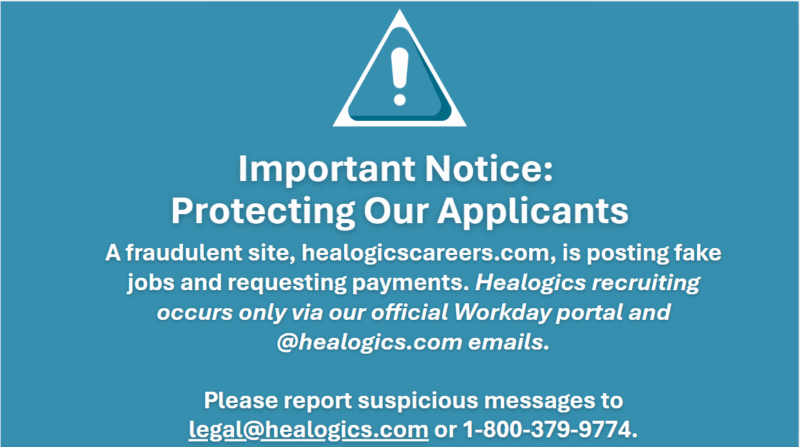Nonhealing skin wounds, such as diabetic foot ulcers, venous-related ulcerations, and nonhealing surgical wounds affect more than 6.5 million people in the United States and result in enormous health care expenditures, with the total cost estimated at more than $25 billion per year.(1−4) In addition, slow- or nonhealing skin wounds are morbid conditions that can result in long-term physical and mental suffering due to the protracted treatment courses often required by chronic wounds.
Read More
Several new trends have emerged in the healthcare industry today with the assistance of AI and its applications. New innovations and technological developments in healthcare have greatly improved the roles of doctors, patients, and medical staffs in various medical functions like admission, patient care, and checkups.
Read More
Battlefield tested in the most austere military environments for over a decade, the power of Silverlon antimicrobial silver-nylon wound technology is now quickly making its way into civilian operating rooms, hospitals, and healthcare facilities around the globe.
Read More
Diabetic foot ulcers can take up to 150 days to heal. A biomedical engineering team wants to reduce it to 21 days. They’re planning to drop the healing time by amplifying what the body already does naturally: build layers of new tissue pumped up by nitric oxide.
Read More
A new sensor can monitor oxygen levels inside the human body, by scanning the surface of the skin. The new device can be used to track the progress of oxygenation in relation to healing wounds in real time, providing valuable medical data.
Read More
Dr. Sanjeev Saxena is a cardiologist in Fort Payne and is using a new device called DABRA to help treat patients that suffer from Peripheral Arterial Disease.
Read More
A survey of nurse quality leaders conducted at the 2018 ANCC National Magnet® Conference in Denver found overwhelming support for technology like the Leaf Patient Monitoring System to help reduce pressure injuries.
Read More
A new technology, which will be featured in the November edition of US medical journal, “Wounds”, could have the potential to change the approach to woundcare, its developers claim.
Read More
Amazon’s latest move into the healthcare arena will be focused on helping consumers manage their diabetes or cardiovascular conditions, according to an announcement from Arcadia Group, a brand consultancy firm partnered with the online retail giant.
Read More
Researchers from the University of Texas at Austin have developed a laser-based ray device that can change the size and shape of a block of gel-like material that has human or bacterial cells growing on it, an innovation that could help scientists understand how to someday grow replacement tissues and organs for implants.
Read More

